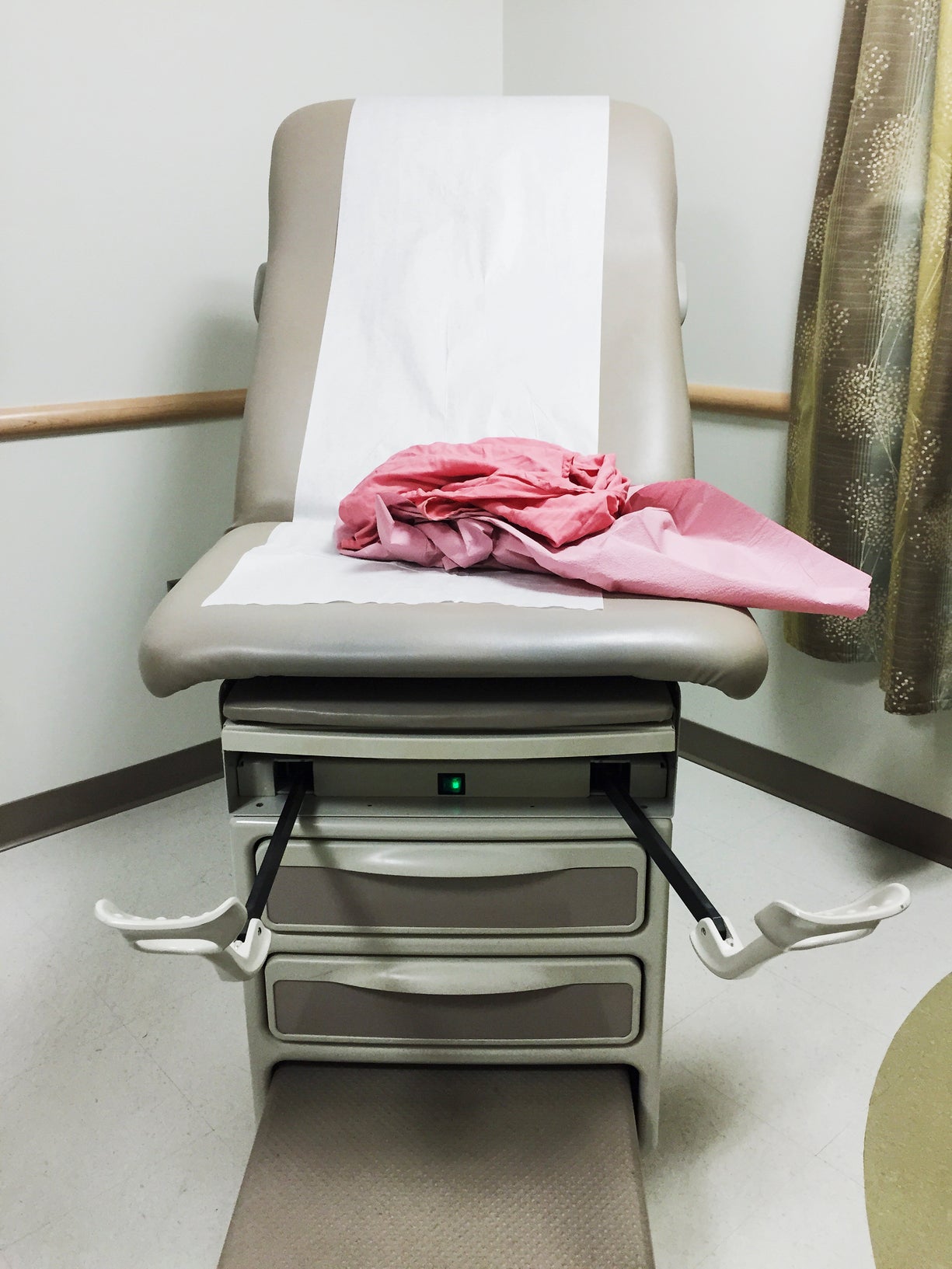

When I was a teen, my mom kept a mini calendar in her purse in to track my menstrual cycles. Every so often, we’d sit in front of it and furrow our brows, trying to make sense of cycles that varied between 60 and 16 days apart. Attempting to predict my cycles felt like being detectives, trying to connect the red strings on a bulletin board to figure out when the suspect would strike again.
But as with any good mystery story, there never seemed to be any pattern. I was assured that cycles could be a little irregular for the first little while after menarche, but even years after my cycles began, there was no sign of anything becoming even remotely predictable.
Irregular cycles, stubborn facial hair and painful periods. Could it be PCOS?
Swinging wildly between months of missed periods to bleeding every two weeks, or “barely there” cycles and extremely heavy ones, it felt like my body was a runaway train and I was a passenger. I sat in class, pressing my abdomen into the corner of my desk, the pressure helping me to take a breath when sharp mid-cycle pains left me gasping for air. I hid myself in the change room after gym, ashamed of the dark hair on my abdomen, wondering why my body was so different from the other girls.
I spent hours getting electrolysis to tame my lip, chin and tummy hair, and to thin my eyebrows, which were two fingers wide and extremely resistant to shaping. My aesthetician could have bought a speedboat thanks to my regular visits, and she would have deserved it.
And still, with every irregular cycle, the wiry, dark hairs kept popping up in unexpected places. I began to do my own research and kept coming across Polycystic Ovarian Syndrome (PCOS) as an explanation for all of these issues.
When I brought this up with my doctor, he dismissed it with the wave of a hand. I was told I didn’t meet the criteria for diagnosis.
Trying to conceive with suspected PCOS
Years later, when my husband and I were ready to start a family, I was certain it wouldn’t be an easy process. I immediately began charting my basal body temperature. Every month, the results looked more like seismographs than cycle data, readings zigzagging all over the page with no evidence of ovulation.
Even when presented with these charts, it took me months of repeated visits to my doctor to get a referral for bloodwork and an ultrasound. I was so hopeful that I was getting close to having an answer, but instead received the words anyone dreads when they know in their bones that something isn’t right – “good news, everything looks normal!” I pressed. My testosterone levels weren’t elevated? There were no ovarian cysts?
His cheerful denial crushed me. Luckily, he agreed to refer me to a gynecologist, and it was there I learned something vital.
Not only did my ultrasound results show that each ovary was ringed with cysts that my doctor had ignored, but I apparently met the criteria for diagnosis according to my gynecologist, even with supposedly “normal” hormone levels.
I learned that there was no standard to determine what level of androgens is abnormal for women, and that the outward indications of hormone imbalance were enough to indicate PCOS. Like a seesaw, the body needs to release enough estrogen to tip the scales so that a follicle matures and ovulation is triggered.
Because of the conflicting hormones being released by the immature cysts on my ovaries, my body couldn’t reach those levels on its own, so I was given medication to help. To my surprise, we conceived immediately, finding out in the coming weeks that I was expecting twins.
More than a fertility issue
I naively thought all my struggles with PCOS had ended. Pregnancy and birth, I hoped, would be the hormonal reset button my body needed. But after a lengthy hiatus, my period returned with an intensity and unpredictability that once again sent me to my family doctor’s office, where he told me there was nothing in my files from the gynecologist stating I’d been diagnosed with PCOS. And despite all my symptoms, my bloodwork looked normal, so it couldn’t be that!
I was right back where I’d started – undiagnosed, waging a war against chin hair and rapid weight gain, while dealing with extremely heavy, painful and irregular cycles and regular midcycle pain from ovarian cysts.
And I’m not alone. Research suggests that up to 70% of those who meet the criteria for PCOS remain undiagnosed.[1] As if the physical symptoms weren’t difficult enough to manage, PCOS also makes us four times more likely to experience depression, and six times more likely to deal with anxiety disorders.[2] It also increases risk of endometrial cancer, type 2 diabetes, hypertension and heart disease. Missed diagnosis causes countless women and menstruators so much hardship.
Left trying to solve the mystery of our bodies with diet, exercise, supplements and positive thinking, many of us have become exhausted, chasing the threads of our own diagnosis and treatment, becoming tangled in red string as we try to track when, or if, our periods will strike next. I dream of a day when getting a diagnosis won’t require years of suffering and solo detective work, and when medical professionals will put as much effort into finding effective treatments as we do in trying to find answers for ourselves. In the meantime, I’m off to schedule yet another blood test.














